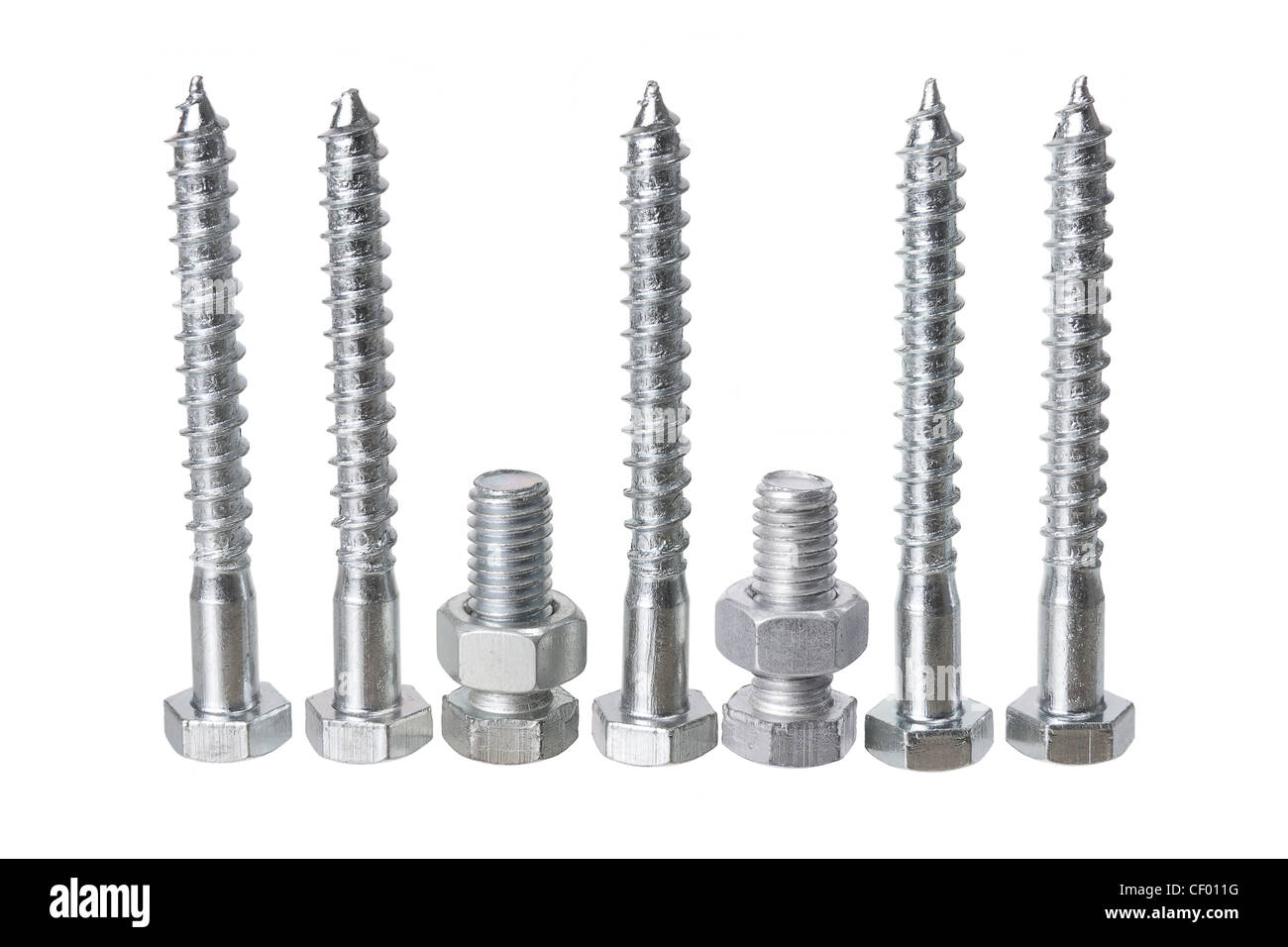Within the realm of building, production, and DIY projects, nuts and screws play a vital role as essential fasteners. Such seemingly simple elements are instrumental to the assembly of numerous buildings and machines. Grasping the development of fasteners and screws not only underscores their significance in modern engineering but additionally reveals the intricate designs and innovations that have emerged over time. From their earliest iterations to the present day's varied range of specialty fasteners, the journey of nuts and bolts is a fascinating reflection of mankind's creativity and practicality.
While we delve further into this topic, we will explore the various types of nuts and bolts, their unique uses, and key considerations to consider when selecting the appropriate fastener for your task. Whether you're a seasoned professional or a DIY lover, having a comprehensive knowledge of various fasteners can create a significant difference in the success and longevity of your projects. Join us as we travel through the nuances of fasteners, screws, and everything in between, providing you with the information needed to take informed decisions for your next endeavor.
Types of Nuts and Bolts

Nuts and bolts are crucial pieces used in multiple applications, each designed to serve particular functions. The most common type of fastener is the hex bolt, characterized by its hex head, which makes it simpler to tighten and loosen with a tool. Another popular choice is the carriage fastener, having a circular head and a square neck that stops the bolt from turning after installation. Lag screws, also known as lag screws, are specially designed for heavy applications, offering a durable hold in wood and other materials.
Nuts also come in different styles, all tailored for particular functions. Regular hex nuts are commonly utilized and compatible with various types of fasteners, while lock nuts are designed to resist the loosening of nuts due to shaking. Washer nuts, featuring a integrated washer, distribute the load over a larger area and minimize the risk of harm to the surface. Understanding these various types helps in selecting the appropriate fastener for a project, ensuring a safe and long-lasting connection.
For specialized needs, special fasteners are available, such as nylon lock nuts that provide an added layer of safety by preventing threaded movement. Additionally, security fasteners, like anti-tamper nuts and bolts, are crucial in applications where unauthorized access is a risk. By learning with the various types of nuts and bolts, you can make educated choices that improve the effectiveness of your construction or repair projects.
Materials and Coatings
The substances employed in nuts and screws play a crucial role in establishing their strength, longevity, and appropriateness for various uses. Steel is the most widely used material because of its high pull strength and versatility. It’s often used in construction and vehicle applications. For settings dealing with moisture or detrimental elements, stainless steel is favored for its ability to oxidation and corrosion, making it perfect for external projects. Brass and titanium are also used, with copper alloy being effective in electrical connections due to its conductivity, while titanium offers a high strength-to-weight ratio, making it favored in aerospace and high-performance contexts.
Finishes are equally important as they enhance the functionality and lifespan of fasteners. Zinc coating, for case, provides a barrier against corrosion and is typically found on bolts used in environments where moisture is available. https://crimson-magnolia-nrlj2n.mystrikingly.com/blog/starting-with-base-materials-through-fastening-solutions-the-journey-of-nuts , which undergo a more robust coating process, offer enhanced corrosion resistance, making them ideal for industrial outdoor applications. Additionally, powder coating can provide both visual appeal and functional protection against abrasion and corrosion.
Choosing the appropriate material and coating is crucial for maximizing the efficacy of nuts and bolts. Elements such as the operating environment, weight requirements, and exposure to chemicals must be taken into account. For example, selecting corrosion-resistant coatings like PTFE or nylon can significantly increase durability in harsh conditions, while choosing a particular material can ensure the nuts and bolts can bear the required pressure and weight loads in their intended applications.
Specialized Fasteners
Unique fasteners serve a key role in multiple applications where standard nuts and bolts may not suffice. For instance, tamper-proof fasteners are created to prevent unauthorized access or removal, making them suited for security-sensitive installations. These unique nuts and bolts frequently necessitate specialized tools for installation and removal, adding an more layer of security in environments where safety is a main concern.
Another notable category is anchor bolts, which are crucial in construction for securing structures to concrete foundations. They deliver stability and strength, especially in heavy-duty projects. When picking anchor bolts, it is important to consider factors such as the type of load they will withstand and the environment in which they will be used, making sure that they provide the needed support for long-lasting performance.
In addition to security and construction applications, there are also distinct fasteners like nylon lock nuts. These nuts feature a nylon insert that locks the nut in place, preventing it from loosening due to vibration or movement. Their unique characteristics make them suitable for various machinery and automotive repairs where keeping tight connections is essential for operational safety and efficiency.
